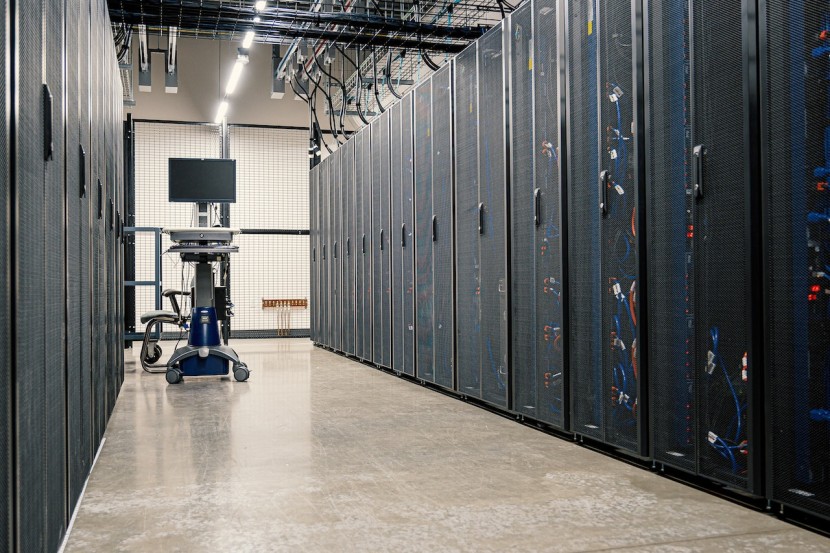Germany's commitment to research on artificial intelligence (AI) was significantly increased when the government announced on Wednesday, August 23, a roughly 100% increase in funding.
Nearly €1 billion ($1.08 billion) has been committed to the research and development of AI systems - a significant but still insufficient sum compared to the rumored $3.3 billion in public financing that the US threw at the field in 2022.
AI as Key Technology

According to a report by The Next Web, the German Federal Ministry of Education and Research has recognized AI as a key technology with great potential to advance research and economic development while fostering greater international competitiveness and societal well-being.
A leadership role for Germany and Europe in a future powered by AI was also called for, and "technological sovereignty in AI" was emphasized as a need.
Germany's contributions are now matching those of the European Union. In addition, the European Commission has pledged €1 billion ($1.08 billion) annually to AI research under the Horizon Europe initiative. Meanwhile, the Commission said it would encourage private companies and governments to contribute enough to achieve €20 billion ($21.6 billion) in annual investment.
Federal Research Minister Bettina Stark-Watzinger unveiled the AI action plan and the enhanced funds. In view of rising tensions with systemic rivals like China, the Minister stated earlier this month that Germany must align its academic practices with its security objectives.
The Chinese government's budget numbers are notoriously difficult to track down. While the US invested $47.4 billion in AI in 2022, China's private AI investments were just $13.4 billion in the same year, as reported by the South China Morning Post.
German officials have recommended export restrictions on Chinese semiconductors and AI technology similar to the recent executive order announced by US President Joe Biden. Plans to increase scrutiny of Chinese foreign direct investment were also outlined.
Germany plans to use the money to boost access, build new data centers, and set up 150 new university laboratories devoted to AI research. The next step is to put that knowledge and those abilities to use in the form of a thriving economy and a tangible social benefit.
To that end, the government has stated its desire to highlight the value proposition of AI "Made in Germany" (or "Made in Europe").
China and Its AI Regulations
While the rest of the world awaits the European Union's AI Act, which will establish distinct restrictions for creators and deployers of AI systems according to a risk categorization system, China's Cyberspace Administration announced its own guidelines for generative AI as interim measures last month.
The internet watchdog claims that the state supports the creative use of generative AI across all sectors, but any service that has the potential to sway public opinion or organize the populace must register its algorithms with the government.









